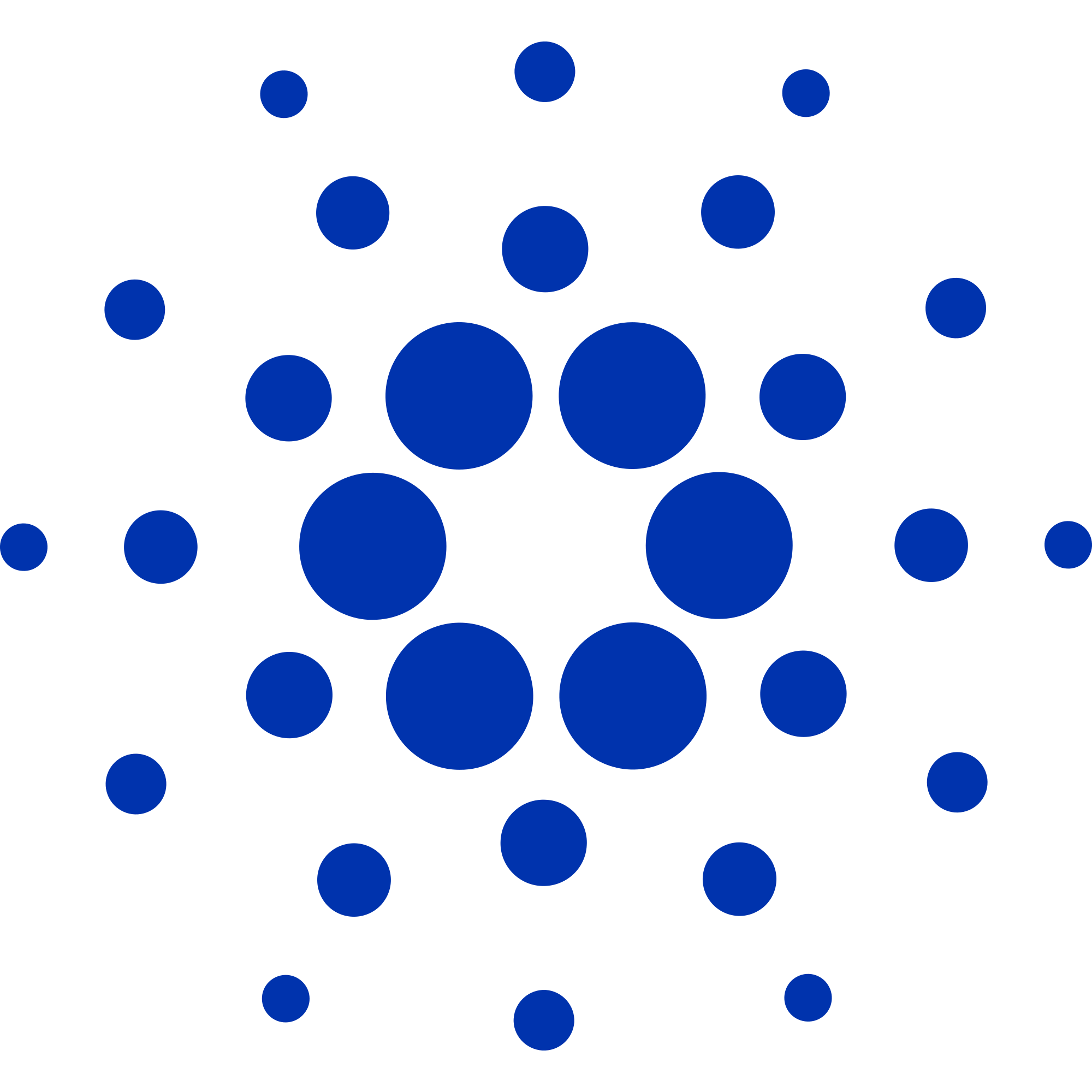
ADA
Cardano is experiencing rapid growth as a project within the cryptocurrency realm. The team responsible for its open source blockchain conducts thorough research and consistently shares their findings through academic papers that undergo peer review. Their primary focus is on constructing a decentralized network that is both scalable and secure.
Cardano stands as one of the leading blockchain platforms that has successfully implemented a proof-of-stake consensus mechanism, which is significantly more energy-efficient compared to Bitcoin's proof-of-work algorithm. While Ethereum, a much larger blockchain, is also planning to transition to a proof-of-stake model, this shift will occur gradually over time.
One aspect that Cardano takes great pride in is its commitment to conducting thorough peer-reviewed research on all of its technological developments. This ensures that innovative ideas are rigorously examined and challenged before they are validated. The Cardano team believes that this academic approach contributes to the blockchain's durability and stability, as it helps identify and address potential issues beforehand.
In 2020, Cardano implemented the Shelley upgrade, aiming to make its blockchain "50 to 100 times more decentralized" compared to other major blockchains. Charles Hoskinson, the founder of Cardano, expressed his belief that this upgrade would pave the way for numerous assets to operate on the Cardano network.
The launch of the Alonzo hard fork in September 2021 will mark the conclusion of the Shelley era and introduce the Goguen phase. This update enables users to create and implement smart contracts on the Cardano platform, paving the way for the development of native decentralized applications (DApps) on the blockchain. Prior to its release, Cardano's price surpassed $3, reaching an unprecedented peak of $3.101 on September 2nd, 2021.



